It is globally accepted that 2015 was a very successful year to give more concreteness to the notion of sustainable development. The Sustainable Development Goals (SDGs) and the 2030 Agenda for Sustainable Development from the UN have provided governments worldwide with a framework in which they can design policies and deliver measures against targets to transition to a more sustainable world.
Time for delivering results: the need to implement policies now, addressing systemic and interdependent environmental issues
While we entered the time for implementation, it seems that we are at the edge to miss the deadline to act. To give the example of climate, the last IPCC report informed us that we should better not take more than 12 years to step from our current track to a 1.5°C or 2°C trajectory.
If we consider that SDG 13 (Take urgent action to combat climate change and its impacts) is to be prioritised, then we shall take care about another challenge: environmental issues are systemic and interdependent. If I may take the example of renewable energy technologies that shall be favoured in the context of the fight against climate change, these are massively decarbonised in comparison with technologies producing fossil fuel-based energies, but they have other negative externalities. Citing examples, without being exhaustive and with no judgement, we can mention scarcity of raw materials, air and water toxicity resulting both from extraction and transformation processes, difficulties at end of life to ensure safe and high-value recycling, etc.
The objective of this statement is not to say that renewables are not sustainable for the environment. But it is of crucial importance not only to develop and implement green policies focussing on tackling a single environmental issue (such as climate change), but also considering all the other potential burdens on the environment to ensure the resilience of the societal transition.
Lifecycle impact frameworks (assessing a full range of environmental impacts from the raw material extraction to the end of life of a product) enable us to catch this comprehensiveness.
Is there any interest for policy-makers to use lifecycle frameworks as a tool to align green policies with SDGs?
Some policies and instruments are already resulting from lifecycle thinking approaches.
As an example, the European Commission is using lifecycle assessment (LCA) in its preparatory studies in the context of energy related product regulations (1). These assessments support the policy-maker in defining instruments that aim at mitigating environmental hotspots of a given product category. Thanks to this understanding, regulatory obligations can include energy efficiency thresholds but not only. The assessments also enable the identification of best available technologies that can be favoured through the development of ecolabelling schemes or market incentives.
The use of lifecycle impact frameworks has been studied as well in the specific context of SDG 12 concerning Responsible consumption and production. The Joint Research Center (JRC) of the European Commission is about to release an “assessment framework to monitor the evolution of the overall environmental impact associated with EU consumption, as policy tool supporting the transition to a resource efficient and circular economy.”(2).
How powerful are the lifecycle frameworks for the other SDGs? To be followed…
Lifecycle impact frameworks are not only applicable to assess environmental performance of goods but also services, organisations and even territories. Performance assessments enable relative comparisons against references such as planetary boundaries or policy targets. Lifecycle impact framework can even cover social impacts…
The application of lifecycle impact frameworks to other SDGs than SDG 12 is in the agenda of the Life Cycle Initiative of the UN Environment (UNEP). Objective is to develop a clear link between the SDGs and all the science-based knowledge, data and methodology in the Life Cycle Sustainability Assessment area (3).
Is lifecycle thinking the future of sustainability policies and the SDGs?
Maud Jacquot, ENV’18, Founder at B4Green consulting

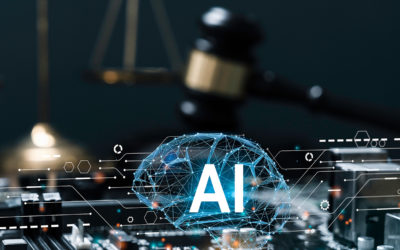
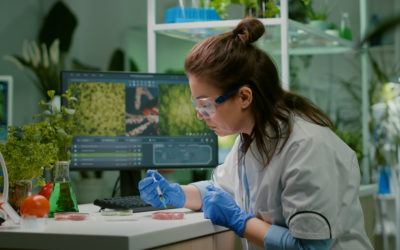
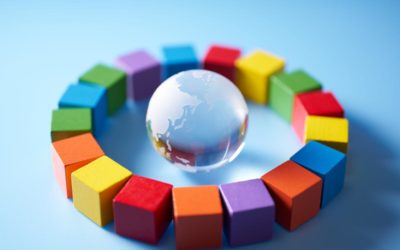
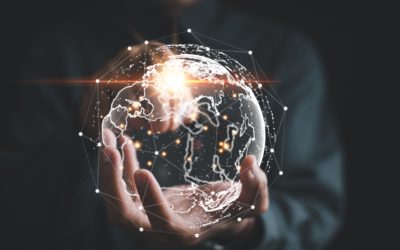
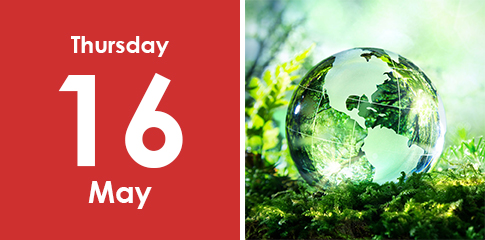

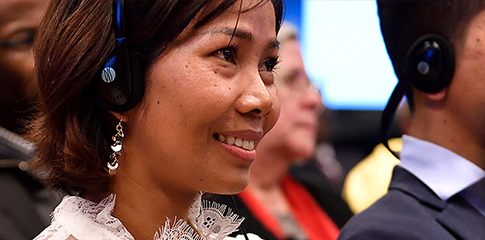

0 Comments